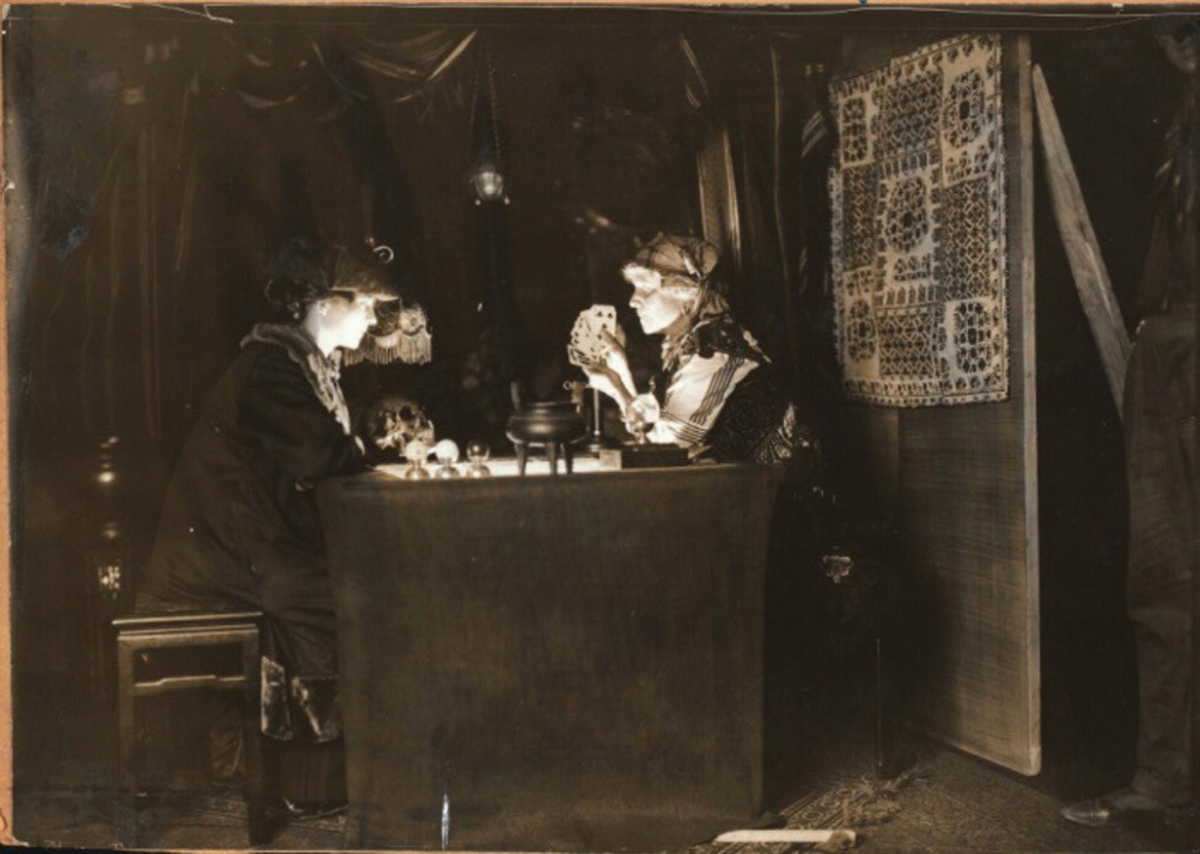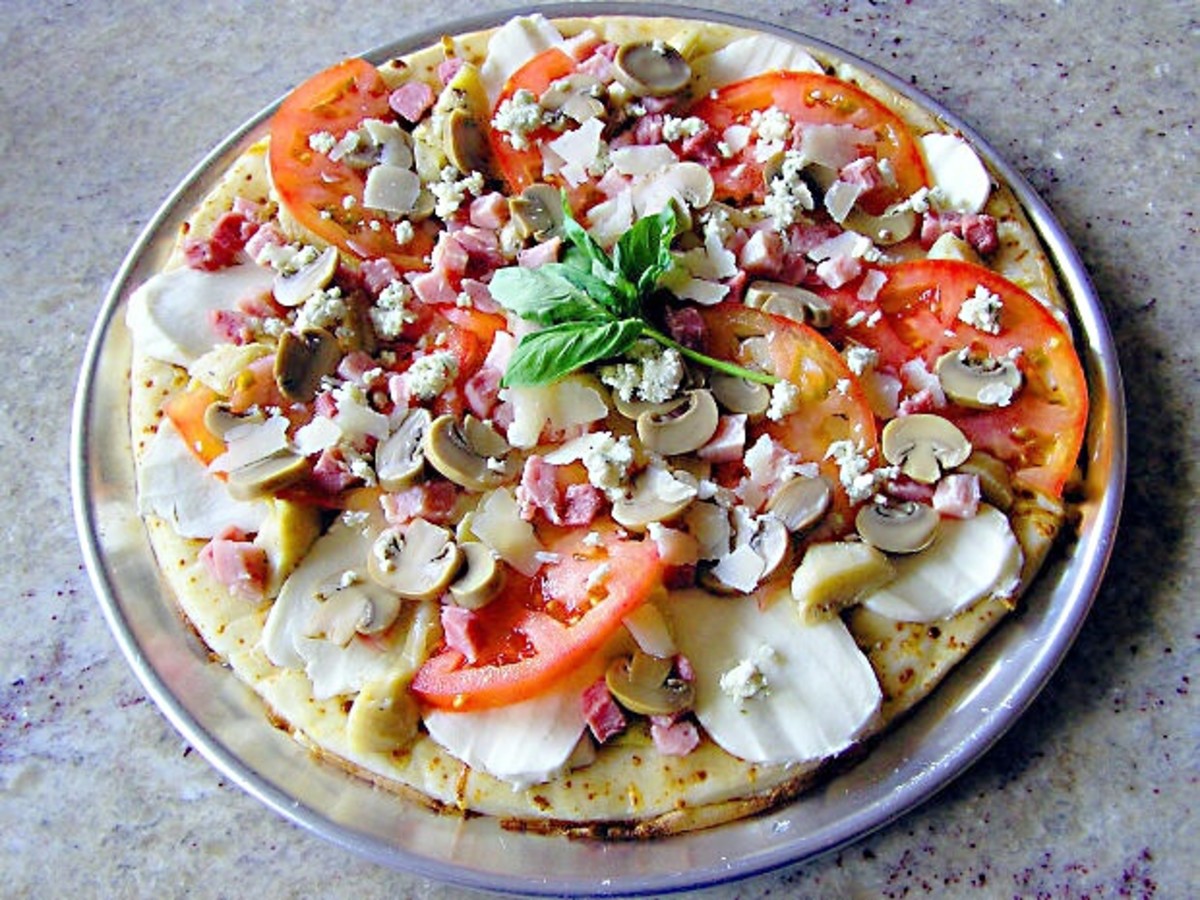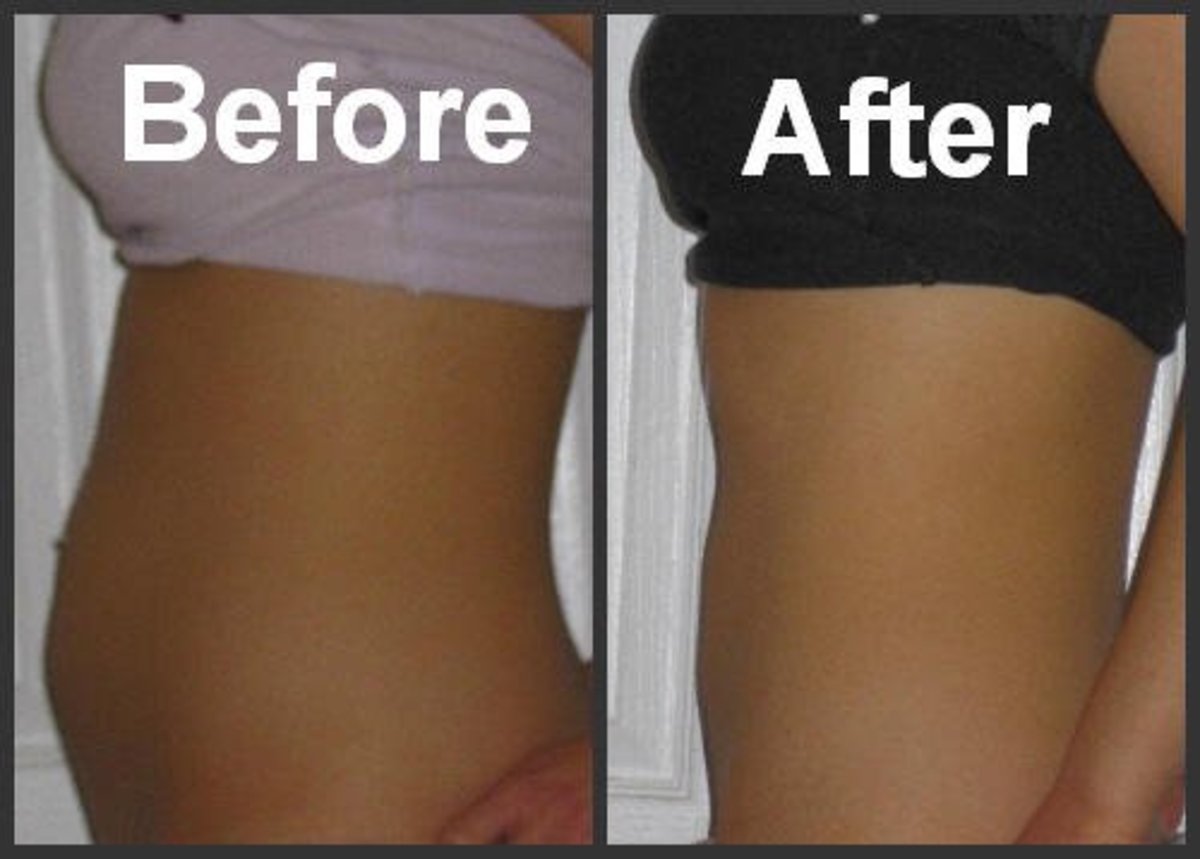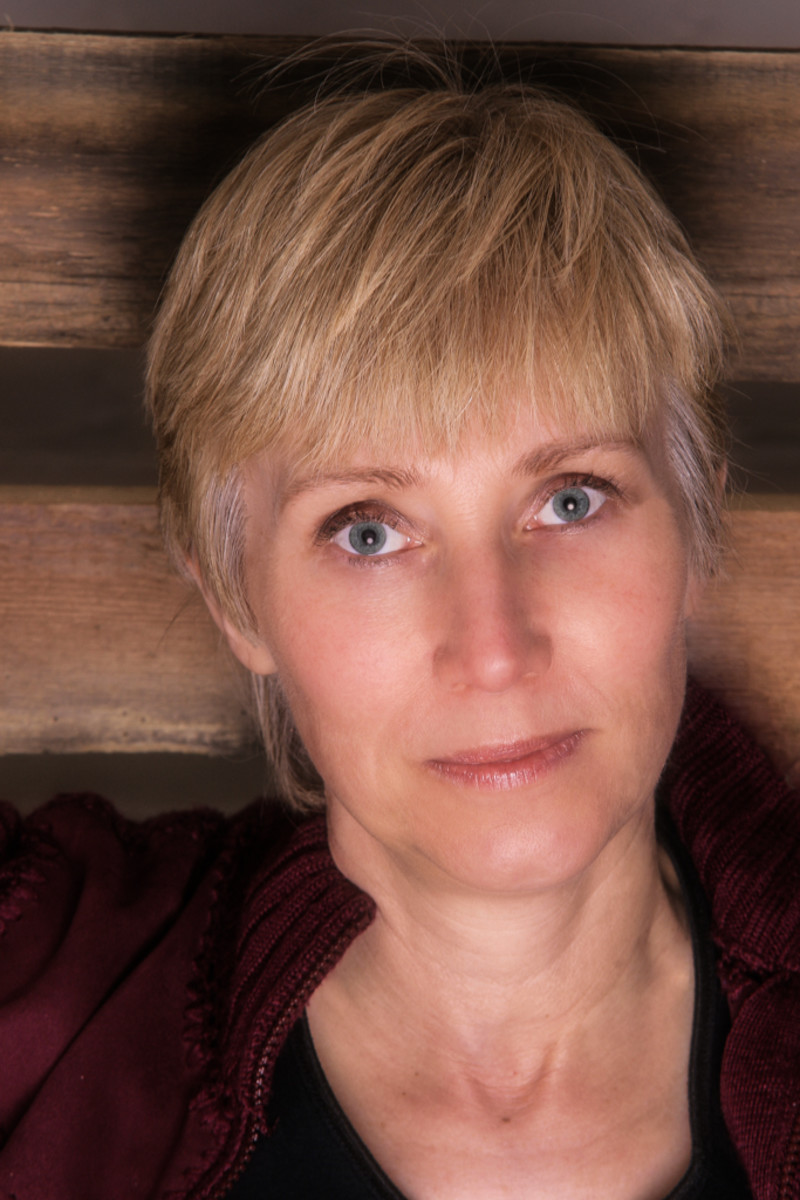How Mindset Can Turn Back the Clock On Aging
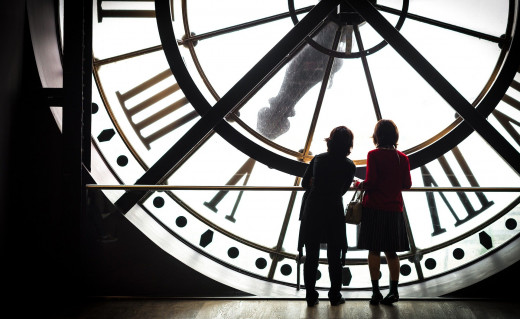
Sounds blatantly ridiculous doesn’t it. It does to me too, and I wrote it, but it’s true. The mind-body connection is a bit more powerful than I and possibly you given it credit. In the following scientific studies, we will see how the mind can influence the body to ameorilate aging, increase benefits from exercise, change hormonal response to food, and increase or decrease satiety to food.
Counterclockwise
We begin in 1979. Ellen Langer, a Harvard psychologist, performed a study that she would later call the “Counterclockwise Study”. This is also happens to be the title of a book she authored about her study in 2009, “Counterclockwise Mindful Health and the Power of Possibility”.
The focus of her experiment was to measure the physical and mental effects of bringing back a group of seniors mentally back in time to a period 20 years earlier. For the purposes of this experiment, back to the year 1959. To pull this off, she created an environment that appeared to exist in 1959 for the seniors to live for one week.
Ellen Langer and her students found an old monastery in New Hampshire suitable to house the study. She and her students retrofitted the monastery with props to make it look like it was the year 1959. This included old magazines, black and white televisions that carried pre-recorded TV shows and movies from that era.
Experimental and Control Groups
Langer recruited two groups of eight elderly adults in their seventies and eighties. The participants were all male to simplify roommate and sleeping arrangements. Each group would be housed in the monastery for a one week trial. Her study had two trials. The first trial was with the “experimental” group and the second trial used the “control” group.
The experimental group of participants were instructed to pretend they were living in 1959 and to act twenty years younger. There were to be no conversations among the participants about anything that occurred after 1959. All conversations were restricted to topics that happened on or before September 1959.
When the experimental group trial finished, they left the monastery and the control group of participants were brought in. The control group was instructed to stay in the present time, but to reminisce with one another about the time era of 1959 and before.
Both groups were given a battery of psychological and physiological tests before and after their week long trial.
Counterclockwise Results
The results were dramatic, both groups tested better for hearing and memory recall after the study. The experimental group shown greater physical improvement in joint flexibility, dexterity and grip strength. Sixty-three (63%) percent of the experimental group shown improvements in intelligence tests, compared to 44% improvement of the control group.
Pictures of the participants taken both before and after the weeklong retreat (trial) were evaluated by impartial observers. The after-trial pictures of the participants were seen as a few years younger than the before trial pictures of the participants. Keep in mind this happened in a week.
Mindset — Boosting the Body’s Response to Exercise
Another brilliant study by Ellen Langer and her student Alia J. Crum got 84 hotel maids to participate in an exercise study. The hotel maids by virtue of their cleaning duties, exceeded the U.S. Surgeon’s recommendation for daily exercise. Obviously, these women work consisted of much physical labor. The first step in the study was to measure the participants physical health, that included body mass index, body fat, waist to hip ratio, blood pressure and weight.
Langer and Crum divided the 84 maids into two groups, experimental and control. For the experimental group the researches provided information detailing how their daily cleaning duties were equivalent to various exercises and the respective calorie they burned for each exercise. For the control group no exercise information was provided.
After a month, Langer returned to re-take physical measurements of the 84 maids. The maids in the experimental “informed” group, on average shown a 10% drop in blood pressure, lost 2 pounds of weight and reduced their waist to hip ratio. There were no such improvements in the control group measurements.
Counterclockwise — The Sequel
In Italy July 2019, plans have been approved to replicate Ellen Langer Counterclockwise study. The study will use ninety (90) participants.[1]
Mindset — Altering the Body’s Response to Food
Will a person’s biochemical response to food depending upon a person’s mindset? The following study from Yale’s by researchers Alia J. Crum, Kelly D. Brownell, Peter Salovey and William R. Corbin focused on the body’s ghrelin response to food. [2]
Ghrelin
At a primary level, when the body is low on energy and needs food for energy, ghrelin levels rise which triggers hunger. As one consumes food, ghrelin levels fall, reducing hunger and increasing a feeling of satiety which causes one to stop eating. This explanation is an oversimplification, but it suffices for our discussion. One added note, this hormone feedback signaling system appears to be out of whack for some obese individuals.
These researchers used the normal ghrelin response to measure how mindset affects the body’s response to food.
46 Participants (n=46)
The 46 participants who took part in this study each drank a 380-calorie milkshake. Before drinking the milkshake half of the participants were made to believe they were drinking a “sensible” milkshake of 140-calories. The other half of the participants were made to believe they were drinking an “indulgent” milkshake of 620-calories.
Ghrelin Response
The ghrelin response of the “indulgent milkshake” group shot up in anticipation of drinking the shake. (They got hungry for the shake.) After drinking the shake, their ghrelin level dropped quickly indicating satiety.
The ghrelin response of the “sensible milkshake” group was flattened. There wasn’t any ghrelin spike in anticipation of drinking the shake. After drinking the sensible shake their ghrelin levels only fell slightly. Not even close to the ghrelin drop in the “indulgent milkshake” group, even though both groups drank the same shake.
The study showed the participants satiety was determined by what the participates believed they consumed, rather than what they actually consumed.
Mindset — Your Only As Old As You Feel
Jeanyung Chey from the Seoul National University in South Korea gave questionnaires to 68 people between the ages of 59 and 84. She asked a simple subjective question to the participants. How old they felt; did they feel younger, older or did they feel the same as their chronological age? She then performed an MRI on the brains to examine the participants gray matter volume. Chey found from the MRI scans that the people who felt younger had younger brains. (https://www.frontiersin.org/articles/10.3389/fnagi.2018.00168/full)
Social Contact Influence
File this next study under the influence of social connectiveness on life expectancy. Who are you more connected to other than your spouse? Marriage increases the life expectancy of men. But this study adds a twist. Interestingly, what was expected was that the influence would be the same for men and women, it is not.
Men — You’re Only as Old As The Person You’re Married Too
Men with younger wives live longer. The younger the wife, the greater the increase in the man’s life expectancy. Using data from almost two million Danish couples, Sven Drefahl’s study from the Max Planck Institute, Germany, made the following observations. A wife who is 7–9 years younger reduces mortality risk for the husband by 11 percent. If the wife is 15 or 20 years younger his chance of dying is cut 20%.
Unfortunately, the same is not true for women. Using the same study, it was found that the greater the age discrepancy of the husband from the wife, whether it be positive (older) or negative (younger) increases the mortality risk to the woman. A woman marrying a man seven to nine years younger increases her mortality risk by 20 percent, when compared to a same age marriage.
Action Steps and Take Away’s
Action Step 1
From the Counterclockwise study, we learned we should forget how old we are. Don’t allow your age to stop you from being active and trying new things. Allow yourself to engage in things and activities that you find exciting, mentally and physically. Listen, if you’re in your seventies and eighties, I’m not saying sign up for tackle football or gymnastics with people half your age. But if dance, martial arts, Zumba, tennis, painting, chess, learning to play a musical instrument, hiking, interests you why not give it a spin? It’s never too late to begin.
Action Step 2
From the hotel maid exercise study, we learn to re-classify physical activities exercise. Whether your cleaning the house or running errands, you’re burning calories. Find the burn. Study exercise books or look up online the calorie burned for your activities. If there isn’t a direct calorie burn for a particular activity, find an exercise that’s as close to it as possible.
Action Step 3
The Yale Milk Shake Study has far reaching effects for anyone dieting and watching what they eat to lose weight. The take away is this, what you think about what you are eating affects your body’s response to the food. People eating healthy food, (low calorie sensible food) will inadvertently mute their own ghrenlin response, which causes them to stay hungry longer with a lower energy expenditure.
Ideally you ought to convince yourself that every meal you eat is a feast. This may not be an easy mindset to accomplish, however, I believe what you can do is eat mindfully. Eat slowly, explore the taste and texture of each bite of food. Chew your food thoroughly. Enjoy and relish each bite of food.
Action Step 4
Jeanyung study begs the question why would feeling younger make your brain younger? One theory suggested is that because these seniors felt younger they were more likely to engage in physical and mental activities that kept their brains younger.
Action Step 5
Sven Drefahl’s study points to socialization with younger people may have a beneficial effect on longevity. Unfortunately, I haven’t found a study to reference if socializing with younger people increases the life expectancy of seniors. Regardless, there are some benefits for seniors. Which include a fresh outlook on life, they are tech savvy and we can learn a few new things, most importantly, as we learned from Langer, they will remind us how we felt when we were younger.
© 2020 John Iovine


